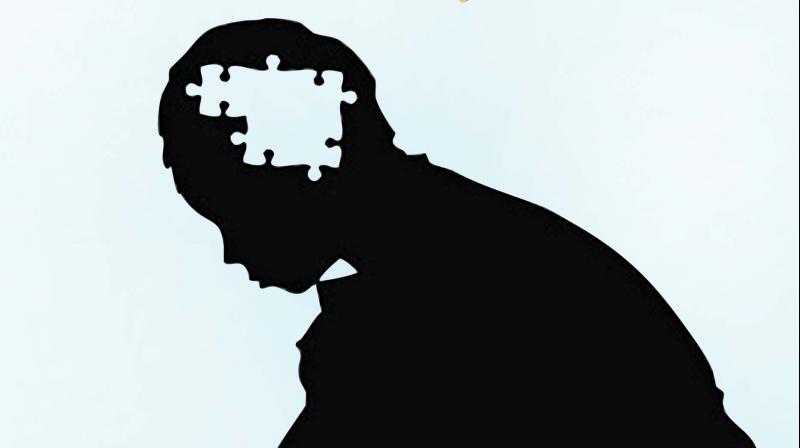Lifeskills training must for autistic kids: Expert
Adaptation comes before normalisation in handling autism.

Chennai: As various events were held to mark World Autism Awareness Week, doctors and special educators point to the need to sensitise people on the need to come together to plan and fulfill the needs of those affected with autism.
At an event to mark Autism Awareness Week in the city, Neurokrish and Trimed together organised a lecture by Prof. Shoba Srinath, senior professor of child psychiatry, National Institute of Mental Health and Neuro Science (NIMHANS), with focus being laid on ‘The Future of Autism Care’.
“The care given to an autistic child needs to cover various aspects including the biological, psychological, behavioral, family and education aspects. Instead of always holding onto our set norms and expecting the autistic children to adapt to them, we must learn to be accepting of the fact that they have some capabilities too. It is therefore essential to go leverage on those capabilities in order to make them more and more functional,” said Prof. Shoba.
“Too much emphasis is given on normalisation as opposed to adaptation. Not enough importance is given to teach the child the activities of daily living, which are far more important than any educational learning. So, for example, you end up with a young adult, who is not toilet trained but can tell you multiplication tables,” she added.
Talking about the importance of laying emphasis on training them on their daily activities, she said that as the family members are the main care givers, educating them on the need to check the skills of the child is important, instead of applying our skill sets to the child.
“People with Autism tend to have some strong capability, yet lack a number of other capabilities. Statistically, a large majority of children with autism are challenged when it comes to something like literary intelligence. Except a few, a majority of them are not great with numbers. On the other hand, they may have a very strong musical intelligence,” said Usha Ramakrishnan who just stepped down as chairperson of Vidya Sagar.
“There are a certain forms of intelligence in which those children can be normal or even super normal. Yet, other forms of intelligence, they will be way below par for their age and what we would expect them to be able to do,” she added.
Integrative therapy shows improvement
Buddhi, a programme of integrated brain and mind care, jointly developed by Neurokrish- the neuropsychiatry centre and Trimed - India’s first chain of integrative medical therapy centres, completed its first project at the Spastic Society of India (Vidyasagar).
As part of the project, 20 children with the diagnosis of Autistic Spectrum Disorder, received 28 free interventions (through the mobile Buddhi therapy unit, combining Ayurveda, Naturopathy and Acupressure.
Ninety per cent of all those who took part, experienced improvement in three core domains (behaviour, sleep and digestion) indicating that a supportive integrative health paradigm grafted on to a Special School environment has considerable potential.

